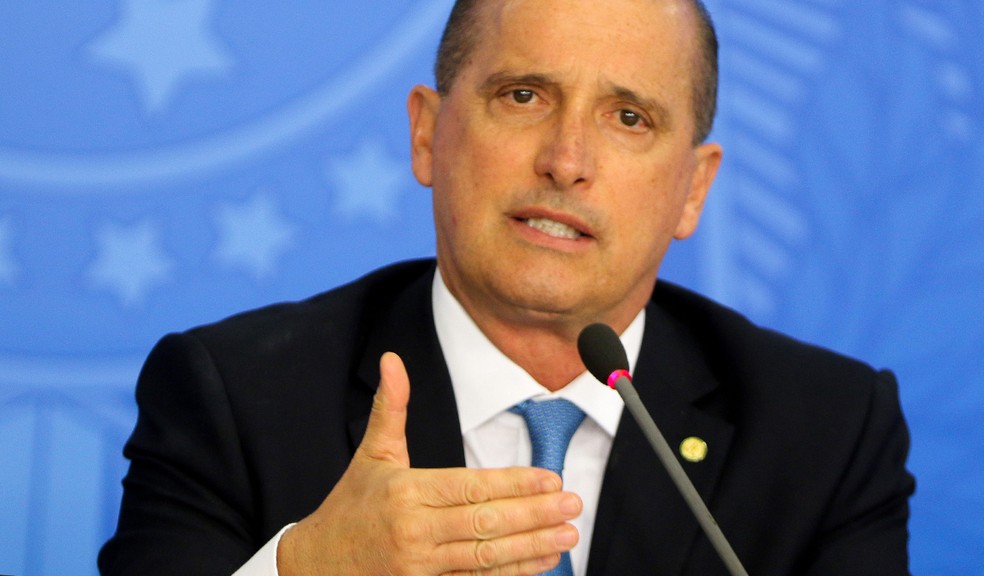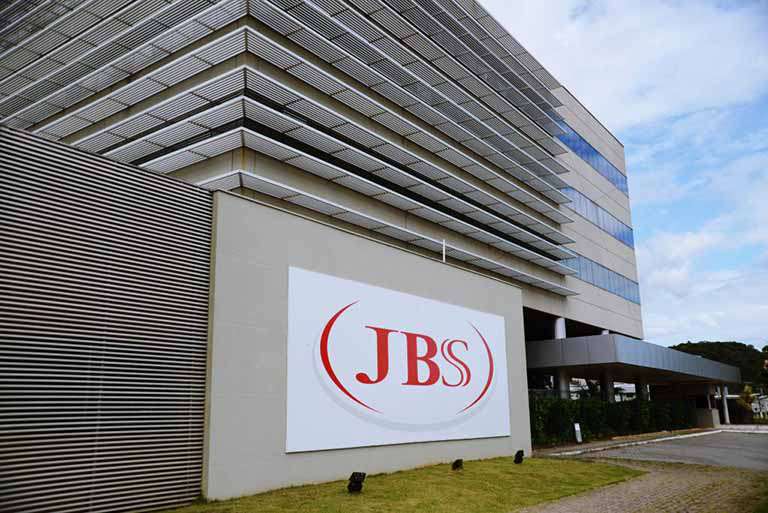RIO DE JANEIRO, BRAZIL – The Minister of Citizenship Onyx Lorenzoni, signed a non-prosecution agreement with the Office of the federal Prosecutor General (PGR) in which he conceded to having received cash from meatpacking giant JBS in his 2012 and 2014 election campaigns. In addition, the Minister agreed to pay R$189,000 (US$37,800) in cash in exchange for closing the investigation on the matter.
The amount of the cash payment corresponds to nine times Onyx’s current net salary, which is R$21,000. In the last elections, in 2018, he declared he had net assets of about R$1 million. According to his defense counsel, the Minister will take out a bank loan to pay off the R$189,000, in addition to using part of his personal savings.
Signed by Augusto Aras, the Federal Prosecutor General, the settlement is the first agreement of its kind coming before the Federal Supreme Court (STF). The instrument, known as ANPP, was regulated by the Anticrime Law passed late last year, which establishes the option of this agreement for non-violent crimes with a minimum sentence of less than four years. The aim of the law is to unburden the judiciary and expedite the closing of cases.

The penalty for slush fund crimes, configured as electoral misconduct, is relatively low (imprisonment of up to five years if the document is public and imprisonment of up to three years if the document is private), so such an agreement was feasible in this case. For the settlement, Onyx will pay the amount in one single installment, but only after the approval of the agreement by Justice Marco Aurélio Mello, rapporteur of the case pending at STF.
The slush fund paid to the Minister was uncovered in the plea bargaining process of J&F group executives, indirect owners of JBS, and became the subject of a preliminary investigation in the STF. The PGR had requested it be referred to the Electoral Court of Rio Grande do Sul, but the congressman’s defense appealed to the STF to keep the case in that Court. Consequently, there is still no determination as to which court has jurisdiction for the case.
In May 2017, when the denunciation by J&F executives came to light, Onyx admitted he had received R$100,000 to fund his campaign in 2014 that he did not declare to the Electoral Court, and he apologized for the mistake. He said at the time he was unaware that the funds had been paid by JBS because he had agreed to a donation from a friend of his in the agricultural sector.
In the plea bargain, J&F reported that the R$200,000 slush fund in 2014 was allocated to him and that in 2012 another R$100,000 was passed on to the deputy. In this non-prosecution agreement, the Minister confesses to both payments of off-book funds, in 2012 and 2014.
Onyx’s attorney, Daniel Bialski, said that the Minister decided to approach the authorities with the intention of cooperating and bring the case to an end.
“Faced with the new procedural legislation and with the Minister’s intention of resolving this once and for all, the non-prosecution agreement with the admission of the infractions was postulated with the PGR. Now, we expect the Supreme Court to approve the agreement,” said Bialski.

First agreement
In earlier cases, the Supreme Court has accepted PGR proposals for conditional suspension of proceedings, an instrument also applicable in low penalty cases. This agreement with Minister Onyx, however, is the first within the framework of the non-prosecution agreement, which involves the admission of guilt and carries a much higher fine amount than the earlier proposals analyzed by the Court.
In 2005, a Tocantins federal deputy agreed before the PGR and the STF to suspend an indictment for a shortfall of R$300,000 in his accounts rendered. In that case, a fine of R$1,000 was established and lectures in schools in compensation to society. Another case, analyzed by the STF in 2004 involving a R$20,000 cash payment to a federal deputy in Rio Grande do Sul, was also closed with a fine of R$1,000 and lectures in schools as compensation.
When the JBS denunciation became public, Onyx made a public statement admitting to the receipt of a slush fund in 2012 but did not comment on the 2014 case.
“I’m admitting to it here, as a man must do, (I used the funds) absent the statement in the rendering of accounts. All other funds were fully accounted for, it was just this fund. I want to apologize to the voters of Rio Grande do Sul who trust me for my mistake, but I will admit to it, as a man must do. I will stand before the Prosecutor’s Office (MPF), I will reiterate what I am publicly stating here, I will stand before the judge who was assigned to the case and I will reiterate it,” said Onyx in an interview in May 2017.
At the time of the plea bargains by Odebrecht and J&F, the then Prosecutor General Rodrigo Janot considered settling with the defendants in the slush fund cases to close the investigations sooner. This approach, however, was not implemented in practice.
The new Anticrime Law, proposed by then Minister of Justice Sérgio Moro and passed with amendments in Congress, regulated the non-prosecution agreements and boosted the tool. Since then, the Prosecutor’s Office began to encourage prosecutors to adopt this solution in cases that met the requirements. A joint note was issued by the MPF’s internal councils establishing guidelines for compliance with the agreements.
The MPF has recorded 1,010 non-prosecution agreements between the enactment of the new law on December 24th, 2019 and March this year. This tool had been used before but was regarded with caution because there was no clear regulation in the law.
Source: O Globo

